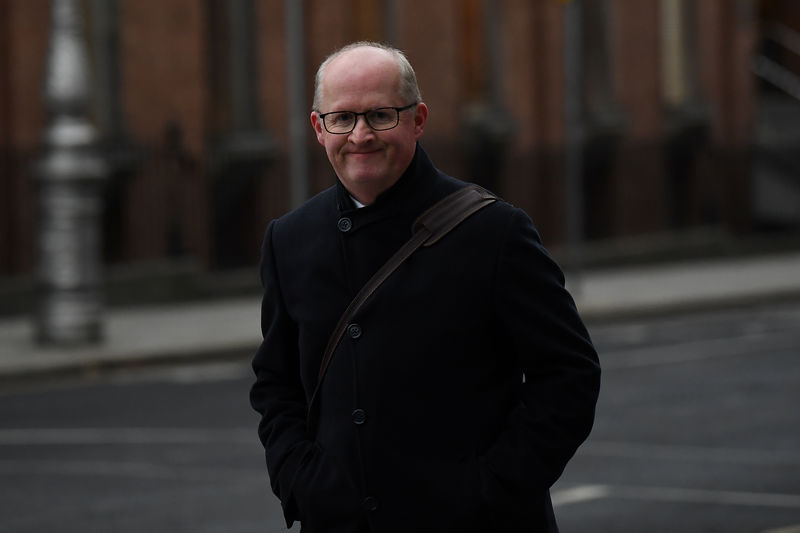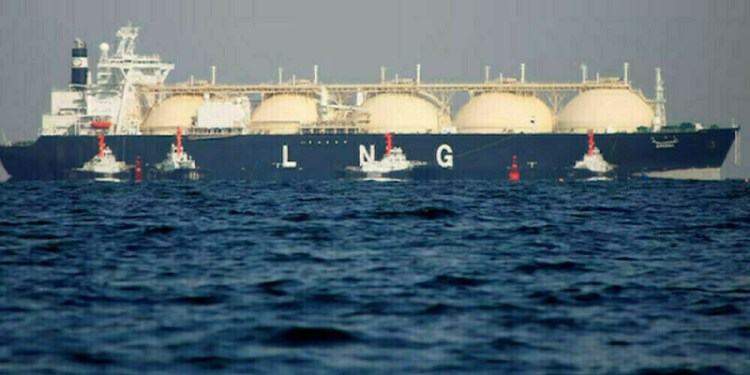 © Reuters. Governor of the Central Bank of Ireland Philip Lane arrives at Government buildings in Dublin
© Reuters. Governor of the Central Bank of Ireland Philip Lane arrives at Government buildings in DublinBy Padraic Halpin
DUBLIN (Reuters) – Philip Lane’s imminent appointment as the European Central Bank’s chief economist will represent, in the words of his predecessor at national level, the elevation of the top mind Ireland has to offer.
When the 49-year-old Harvard-educated economist applied to replace Patrick Honohan as head of the Irish central bank in 2015, his CV already stretched to 13 pages of academic honors, articles, essays and teaching roles around the world.
He is set to become Ireland’s first representative on the ECB’s six-member executive board after Eurogroup President Mario Centeno said he was the sole candidate to replace the outgoing chief economist, Belgium’s Peter Praet.
“When you look at the international lists of top economists — whether it’s based on published works or how many of them are cited elsewhere — Philip comes out on top of the group of Irish economists unquestionably,” Honohan told the Irish Times last year when Lane was first put forward for a senior ECB role.
While Lane’s appointment is still subject to confirmation, the complex process is largely seen as a formality as he is regarded as a top authority on monetary policy.
Lane’s academic life began at Dublin’s Trinity College in 1991, graduating with gold medal distinction from an economics department he would return to after completing his doctorate at Harvard and spending three more years at Columbia University.
He acted as an academic consultant for the European Commission, International Monetary Fund, World Bank and a number of central banks, including the ECB, before taking Honohan’s seat on the Governing Council as Ireland’s representative.
In his three years as a policy setter, Lane has been considered a dove among the 25-member group who is generally aligned with ECB President Mario Draghi’s views.
During that time, he chaired a task force that proposed a new synthetic euro area bond that is currently being scrutinized by euro zone authorities. He was also put forward by Dublin this time last year for the role of European Central Bank Vice President.
While he lost out to Luis de Guindos, Dublin had laid down a marker ahead of changes at the top of the ECB for a candidate who fellow rate-setters often single out as a top authority on monetary policy, and whose views are closely watched.
The avid Liverpool football club fan rarely deviates from the ECB’s policy line in public speeches, suggesting general continuity from the similarly dovish Praet when he takes on the role of preparing monetary policy decisions in Frankfurt.
Fusion Media or anyone involved with Fusion Media will not accept any liability for loss or damage as a result of reliance on the information including data, quotes, charts and buy/sell signals contained within this website. Please be fully informed regarding the risks and costs associated with trading the financial markets, it is one of the riskiest investment forms possible.
Source: Investing.com




























